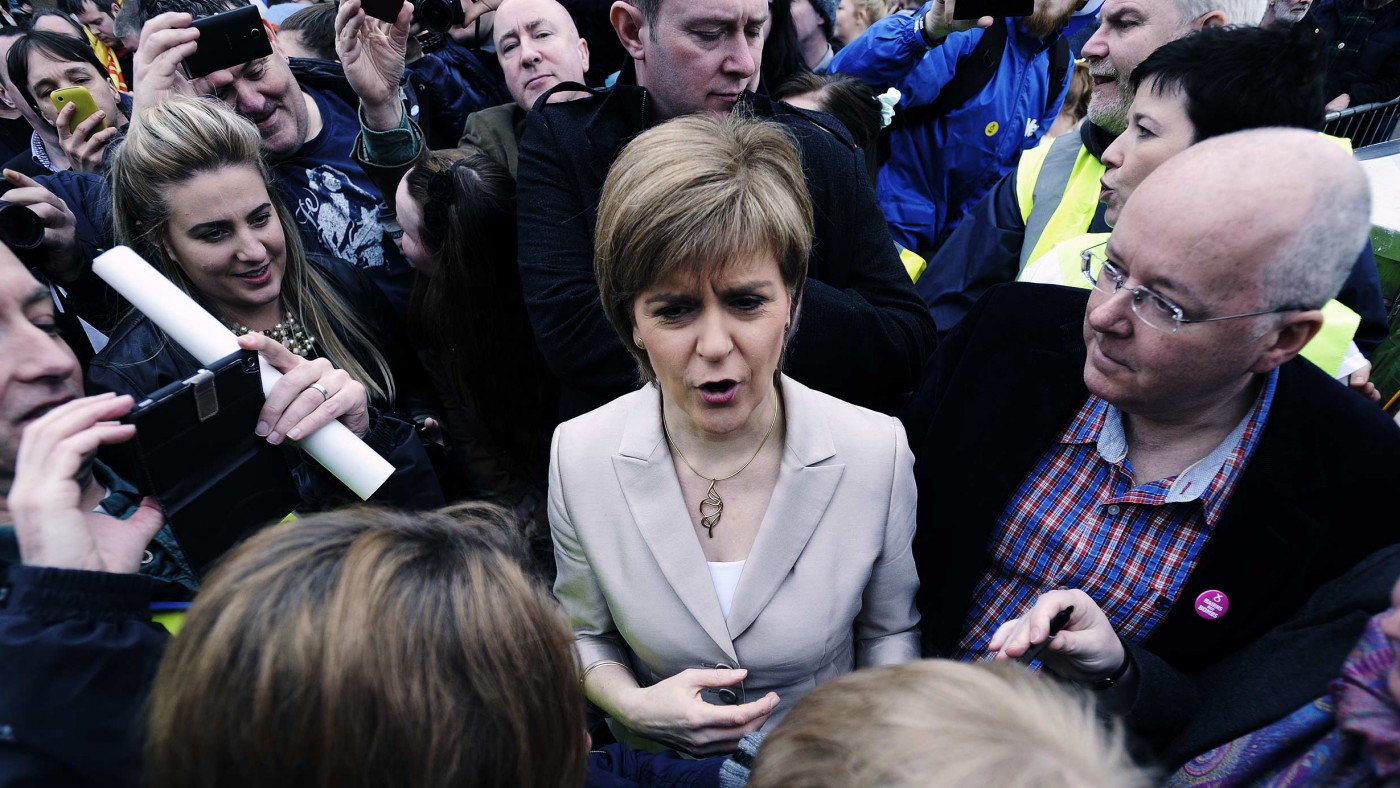The campaign to stay in the European Union has launched – and what a disappointment it is. Despite promises that it will be upbeat and positive it has immediately resorted to scare stories.
Despite the fact that countless studies have shown three million British jobs are not at risk from Brexit, Stuart Rose still managed to parade the lie. If it were true then by the same argument 6.5 million jobs related to EU trade with the UK are at risk – and nobody is going to put them in jeopardy.
Then there’s the claim about British influence, that we need to be in the EU to change it. Again the evidence does not back the claim up. Since 1996 there have been 72 laws opposed by the UK in the European Council and on every occasion British interests have been defeated. Some influence.
Just in case these two threats don’t convince people the scaremongers then resort to the blackmail that leaving the EU will break up Britain. This is based upon the sabre-rattling of Scotland’s First Minister Nicola Sturgeon, who has said that if the UK votes to leave the EU while Scotland votes to stay it could trigger an independence referendum.
Unfortunately for the scaremongers, Nicola Sturgeon is backtracking from a second referendum fast. At the SNP annual conference she announced that even if she wins another overall majority in next year’s Scottish Parliament elections it will not be enough to trigger a second referendum.
What is required, she says, is “clear and consistent” evidence that there is a majority of the electorate in favour of Scottish independence. Sturgeon’s climbdown is simple to explain – she needs to retain power, for without power there will be no second referendum – and to retain power she needs the votes of Scots that prefer her party to be the government but definitely don’t want independence.
She has gone on to clarify that even Brexit will not automatically trigger an independence referendum as in such circumstances she would still have to overcome the hurdle of “clear and consistent” support for independence in opinion polls.
The EU question has never really taken off in Scotland because Scottish independence consumes all the oxygen of debate. When Scots do begin to focus on the issue we can expect the gap between those advocating “remain and “leave” – currently 65-35 – to narrow.
Why seek independence from Britain only to be dominated by Brussels? Why pay more for EU membership than currently and have no chance of winning the opt-outs that the UK currently enjoys?
A recent YouGov poll found that 27% of SNP supporters already back leaving the EU, a figure that will certainly rise once SNP politicians such as Jim Sillars, former deputy leader of the SNP, become standard bearers against the EU.
Sturgeon’s caveat that there will still need to be “clear and consistent” evidence of a desire for Scottish independence, even if there is Brexit, puts paid to the theory that Scotland voting to stay in the EU while the UK votes to leave must break up the country. Rather than splitting Scotland from the UK, the EU debate is more likely to cause splits in the SNP.


